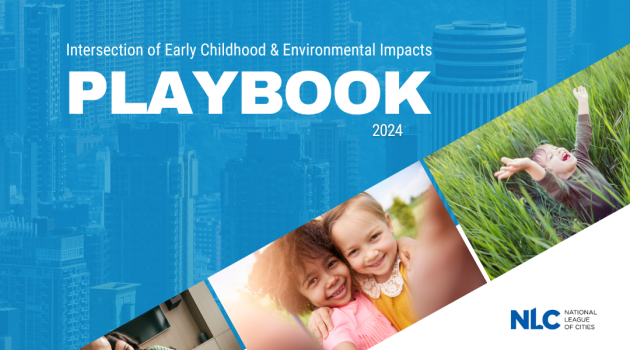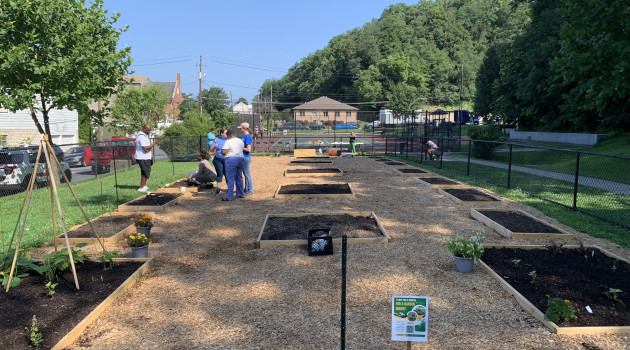
Our future depends on addressing two inextricably linked issues: climate change and toxic chemicals. HBBF's newest request for proposals (RFP) supports municipal initiatives that tackle these two issues simultaneously.
Cities are certainly leaders for change. Cities can implement change more quickly and decisively than state or federal governments — and are critical partners in the work to protect babies’ developing brains from exposures to neurotoxic chemicals like fossil fuels and air pollution.
Though 35 of the 50 largest US cities have adopted local climate action plans, just a fraction of cities have integrated specific strategies to reduce ubiquitous toxic exposures within their climate, sustainability, or resilience plan. San Francisco provides one model with their “community resilience index” that assesses the resilience of neighborhoods within the city using 36 equally weighted indicators, including area within 0.25 mile of a contamination risk. At the county level, Los Angeles county has a bold regional sustainability plan, including metrics that reduce exposure to lead and air toxics.
Healthy Babies Bright Futures will award two $25,000 grants for cities to plan a locally appropriate action that reduces neurotoxic exposures with a climate, resilience, and/or sustainability co-benefit. To qualify for the grant, the action must be implemented and integrated into the city’s respective plan.
Project proposals must include activities that reach expectant families and children under 2 years. Examples:
- Sustainable purchasing (sample policy + supporting materials available)
- Reducing air toxics
- A tailored initiative in your city that integrates toxics reduction into climate, resilience, and/or sustainability planning
TWO SELECTED CITIES WILL RECEIVE—
- $25,000 grant
- Technical assistance
- A published blog featuring your model + connections to peer cities with related initiatives
To be considered, proposals must be city-lead and include a:
- Short description of your city’s plan to reduce neurotoxic exposures with a climate, resilience, and/or sustainability co-benefit
- Description of your plan to incorporate this action into regular city planning
- Project timeline with short (12 month) and long term goals
- Anticipated project impact(s)
- Project budget and justification, including any matching funding
- Maximum of three pages
PROPOSALS ARE DUE JULY 14, 2023, via email to Kyra Naumoff Shields, PhD, at knaumoff@hbbf.org. Application guidelines are available here.


